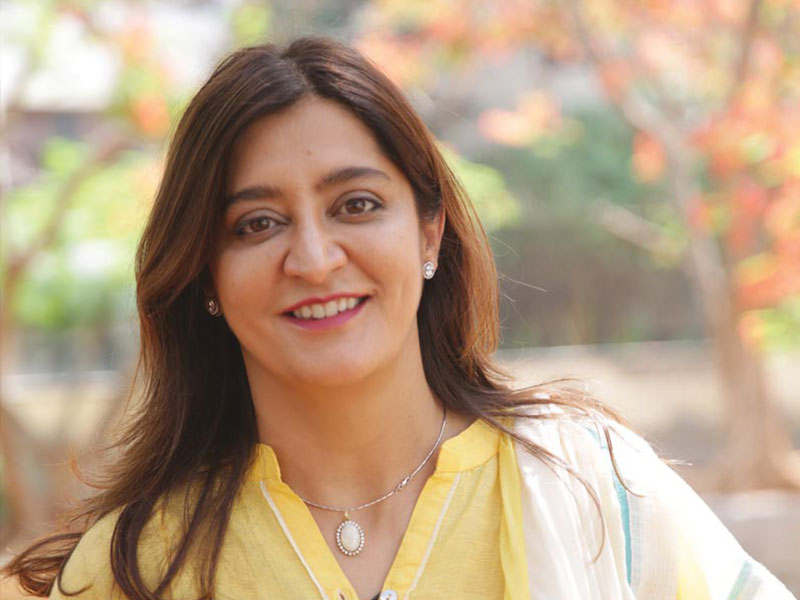 Nooraine Fazal
Nooraine Fazal
Co-founder, Inventure Academy, Bangalore
An alumna of Boston University with professional work experience in the Reuters Group (Dubai, Abu Dhabi, Sydney and Hong Kong), Nooraine Fazal is co-founder and managing trustee of the CISCE (Delhi) and Cambridge International (UK)-affiliated Inventure Academy, Bangalore (estb.2005), ranked among India’s Top 3 co-ed day schools in the EducationWorld India School Rankings 2019-20, and Inventure Preschool (2019). Together, these schools have 1,222 children and 227 teachers on their muster rolls.
Inventure Academy’s Covid-19 response.
At Inventure, we have used the crisis as an opportunity to learn, unlearn and relearn. Even before the government’s directive to shutter schools was issued, we closed the school and moved our year-end assessments for middle and senior school online. Simultaneously, we conducted online synchronous — face-to-face — classes for senior school using Google Classroom and asynchronous sessions for primary school, to gauge effectiveness of our online Beyond Academics — sports, yoga, dance, music — programmes.
Major challenges confronting Indian K-12 education in the Covid era.
The Covid-19 crisis has highlighted the digital divide between the have and have-nots. We have a very unequal education system and the impact of the Covid-19 crisis is being felt disproportionately by children from poor households. Children in government schools are being deprived of their mid-day meal as well as learning. If government schools don’t reopen soon, many children are likely to drop out of the school system.
There is also the real danger that many private schools — especially budget private schools — will shut down because of cash flow problems. Moreover, prolonged closure of schools is likely to have a negative impact on the social, emotional and physical development of children.
State governments’ fees waiver/deferment circulars to private school managements.
These ill-advised circulars have endangered the livelihood of millions of teachers and non-teaching staff of 375,000 private unaided schools across the country. They will also hurt the education of the 43 percent of children who study in private schools.
Governments around the world are supporting students and teachers in these unprecedented times. In the US, the government has provided $13.5 billion (Rs.100 lakh crore) as financial aid to schools, $8.8 billion for Child Nutrition Programmes for children to receive meals when schools are shut, $750 million (Rs.5,600 crore) for the Head Start early-education programmes; and $5 million for cleaning and disinfecting schools.
Top 3 proposals for reforming K-12 education in India.
- Declare digital learning platforms a public utility like electricity and water supply.
- Government should fund students, not schools, through the much debated school vouchers programme.
- Encourage promotion of private schools, and public-private partnerships.
Education must become the country’s #1 national priority. Our focus should be on enhancing learning outcomes, scaling innovative and sustainable education models, and empowering our best and brightest graduates to become teachers/educators.
Future plans…
To focus on continuously developing our blended learning model and virtual school; collaborate with government & NGOs to implement the Inventure model in government schools; and take our Changemaker Challenge programme worldwide.



























